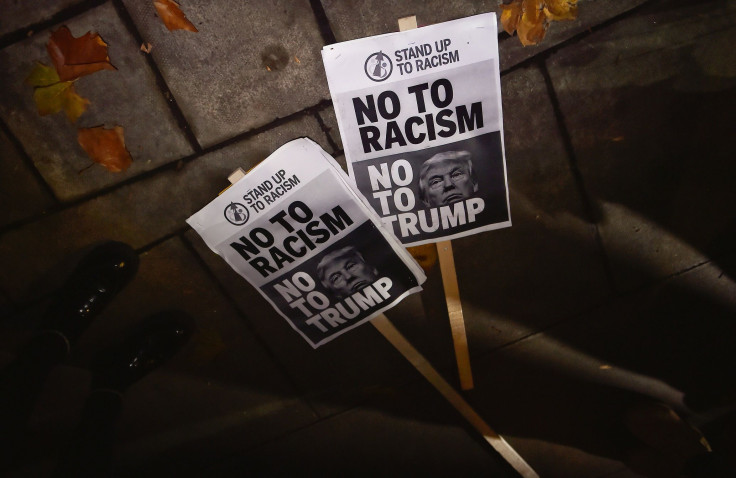Racist anti-Asian messages found on Chinese Australian real estate agent's billboard ad

A Chinese Australian real estate agent found racist and hateful messages on his billboard ads in Sydney’s North Shore. Yancheng Wang discovered black and white posters with anti-Asian messages stuck on his advertisements at a construction side in Ryde on Feb. 13.
The racist poster contained messages like “Stop Incoming Asians”, “Stop Asians applying for Public Housing Assistance” and “Stop Asians Illegally [sic] Using Concession Cards.” Some of the other messages noticed on the posters called out to “Save Australian culture” and that “Australia is not Asia.”
It was the second time such posters have been stuck on his billboard advertisements, Wang said. While authorities were notified about the first incident, no appropriate action has been taken until now. Although racial attacks such as these are frustrating for him, Wang said Australia is a “friendly country” and that the attacks are not reflective of his overall experience of living in Australia.
“It makes me angry and upset at the same time,” Wang said, speaking with SBS. “I always think Australia is a friendly country. My business has also been following local laws and regulations.”
The incident comes after findings from a survey conducted on racism and prejudice in Australia reveal that 20 percent of Australians have been victims of racism in the last year. The survey, commissioned by SBS and Western Sydney University, finds that Indigenous people and general community feel the country has become more racist than two years ago.
The results of the survey were compiled in August last year. More than 50 percent Indigenous people and 39 percent of the general population said Australia was a racist country. The same numbers in 2014 stood at 48 percent and 35 percent respectively.
Nearly 50 percent of Indigenous Australians have been subjected to some form of racism in the six months leading up to the survey. In 2014, the same number stood at 39 percent.
Reconciliation Australia chief executive officer Justin Mohamed said Australia needs to do a lot more to combat issues of racism and prejudice. “Some serious issues … underpin some of the areas of why we can't move forward fast enough as we battle through as a nation," Mohamed said, speaking with ABC News Breakfast.
"There's been a fair bit of education about what is racism and we've seen the ads on television [and] within public transport," Mohamed added. "So I think people can call out racism or, when it happens, they say, 'Well, that's exactly what it is, that's racism'.”






